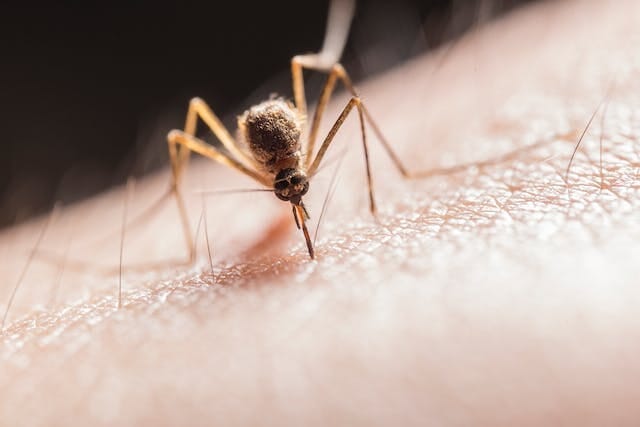
These are the 7 Warning Signs of Dengue Fever you Should Know
Time to read 3 min
Time to read 3 min
There are several warning signs of severe dengue, which is why it is important to track the critical symptoms of dengue fever. Dengue fever is a key risk factor when travelling and when around environments with unclean food and water.
The risk of the virus spreading also rises when symptoms go undiagnosed. You can experience mild forms of dengue fever within the first 3-4 days, as they escalate over a 10-15 day period. This is crucial to track and start medication so that you're protected.
If you have these warning signs then it is important to get a dengue test done immediately. This can be life-saving in many cases, especially if you fall under the high risk category. You can also know whether your symptoms are related to dengue fever so that you can take the appropriate medication.
You may experience body pain that is significant and severe, and may not be connected to any other underlying condition. This can also escalate to pain in your joints and muscles, that may be related to immune function overload and response.
You can get a fever as high as 103F if the dengue virus is left untreated. The fever can also lead to issues with other symptoms that may not show up for a significant period. You can ensure that you're protected by getting tested within the first week or so.
You may also feel fatigue beyond normal levels. This may last throughout the duration of the fever or may be one of the first signs. You can check your blood panel to see if there are any deficiencies, as there could be a nutritional reason as well.
Ocular pain is a severe effect of dengue, which should be taken in context with other symptoms. If you have been exposed to the dengue mosquito, then getting a test done should be your priority.
Headaches that are experienced as different from migraines, should be taken seriously. You may have been exposed to the dengue virus if your headache is accompanied by fatigue, fever, body pain, etc. You should get tested immediately.
You may feel your lymph nodes being swollen as an immune response, which is a critical sign that you may have the virus. You can get a complete check-up done to see if the virus is present through a lab test.
Internal bleeding signs and difficulty in clotting may be connected to the dengue virus and are warning signs of the virus. If you have been in contact with the virus and are experiencing this issue then getting tested should be important.
It is important to be careful of getting severe dengue, which is when you have dengue hemorrhagic fever. The dengue virus can flourish in tropical and subtropical environments, making it a significant risk factor for symptoms of dengue.
If you are going to be exposed to the virus then these risk factors should be accounted for. You can prevent getting the virus if you are aware of how these risk factors apply to you. E.g. if you have immune health issues then you should avoid tropical environments.
Tropical environments are perfect grounds for the dengue virus as the mosquitos can multiply with ease. If there is water present on the ground then the virus can proliferate there as well. You should avoid travelling in these areas without adequate protection.
Unclean water and food may lead to the growth of the virus as there may be a risk of contamination. This can be amplified in tropical and subtropical environments leading to an outbreak of dengue in the local region.
If you've had dengue in the past then your risk factor rises significantly. You should be additionally careful of the virus as your body may not be able to handle the immune load for back-to-back dengue fever.
For low immunity individuals, it is important to get the necessary medication prior to exposure. If you are managing an autoimmune condition or have low-immunity in general, then you may be prone to getting the dengue virus if you are in riskier conditions.
Older individuals and children younger than 5 years, may also be at a higher risk factor for the dengue virus. You should ensure that these individuals are protected with the right repellent, medication, and emergency treatment kits.
* * Medical Disclaimer - The following information is for educational purposes only. No information provided on this website, including text, graphic, and images, are intended as substitutes for professional medical advice. Please consult with your doctor about specific medical advice pertaining to your condition(s).
